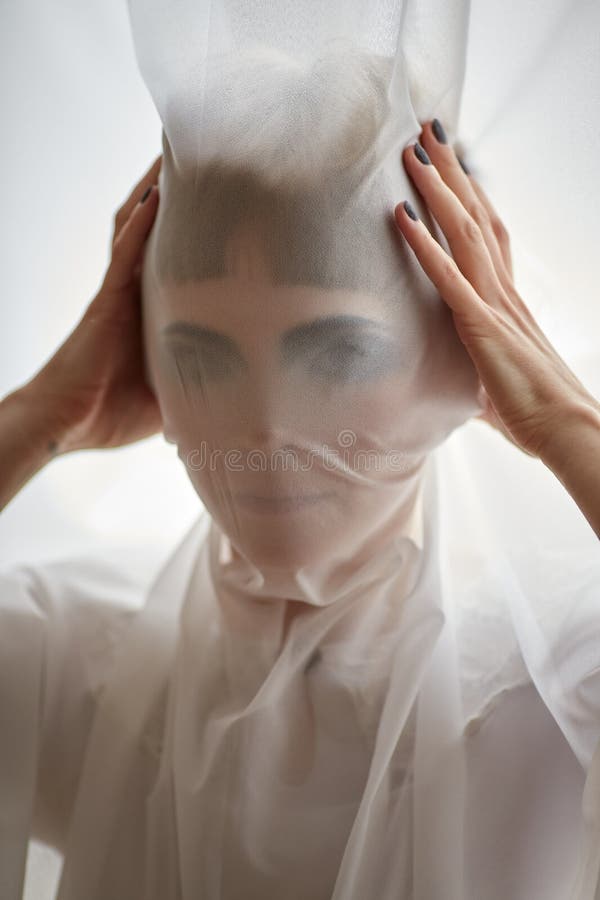Jon Katz recently wondered “…why the idea of the value of helping others has vanished.” He surmised that perhaps “we no longer care who we listen to, and the people we listen to often show little concern for charity, people experiencing poverty, or the concept of empathy.”
I don’t think charity or kindness have vanished, exactly. They’re still there, but there’s a new shroud draped over us, blocking our senses, obscuring what we can see, when unshrouded, to be true: the importance of kindness.
The shroud I’m talking about is the perfect storm of the web, TVs that never seem to be turned off, handy pocket distraction rectangles, social media, inescapable podcasting that’s metastasized from talk radio, and the strange design decisions made in developing systems like twitter. We’ve been weaving the shroud for a long time. Before smartphones and youtube and twitter there was television, and before that there was radio.
We choose to drape the shroud over ourselves. It’s the easiest thing to do, and what we see our family and friends doing. It even feels like a need, to keep attending to followers, to like and respond and all the rest. It even feels like being present and keeping up with the world even though it’s the opposite of both.
The shroud obscures our perceptions of ourselves and the world around us — that is, the aspects of reality our lives are embedded in and part of. We continue to weave more into the shroud. Most amusing, or ironic, or perhaps dismaying, is a new kind of machine you can buy, if you have the cash (they’re still expensive). This kind of machine fits over your eyes, or your face, or even your whole head so all you can see is tiny screens — one for each eye — and all you can hear is from the speakers. All people around you can see is your machine, not your face. Unless of course they’re wearing their own machines, and then they might see some cartoon version of your face. If the machine lets them. And what could be a more perfect representation of shrouding your senses with technology than actually covering your eyes and ears with a machine?
The virtual reality headsets (which is the new kind of machine I’m talking about) aren’t very common, at least not yet. They’re too costly and inconvenient. But if there’s one thing you can rely on big technology companies to be good at, it’s making machines cheaper and easier, whatever the price in other currencies like attention or charity or empathy. Or humanity.
I don’t think the people who work on the components of the shroud have bad intentions. At least not “bad” as we’ve come to think of it. They’re just greedy. They want the money and attention that flow when whatever new machine they’ve worked on is finally easy and cheap enough to attract a big audience.
Greed, of course, once was widely recognized as a bad intention. Our change in thinking about greed came along at about the same time as our shrouds started to get pretty dense and opaque. I wonder if there’s a connection there. I suspect there probably is.
Why think of this whole process as a “shroud,” though? There are plenty of other ways to characterize adoption of convenient, affordable machines and the behaviors they foster. You could say we’re adapting, or evolving, or changing ourselves. But that’s the thing; I don’t think we are. I think the value of the story of the shroud — and that’s what it is, a story — is that when you drape a shroud over your head, you’re still there under it. It’s between you and the world, and it changes what you can see and hear, and it changes the way you look to everyone else. But you could take it off. And when you do, you’re still yourself. Someone who can see and feel the importance of kindness, charity, empathy. Someone with humanity.


Leave a Reply
You must be logged in to post a comment.